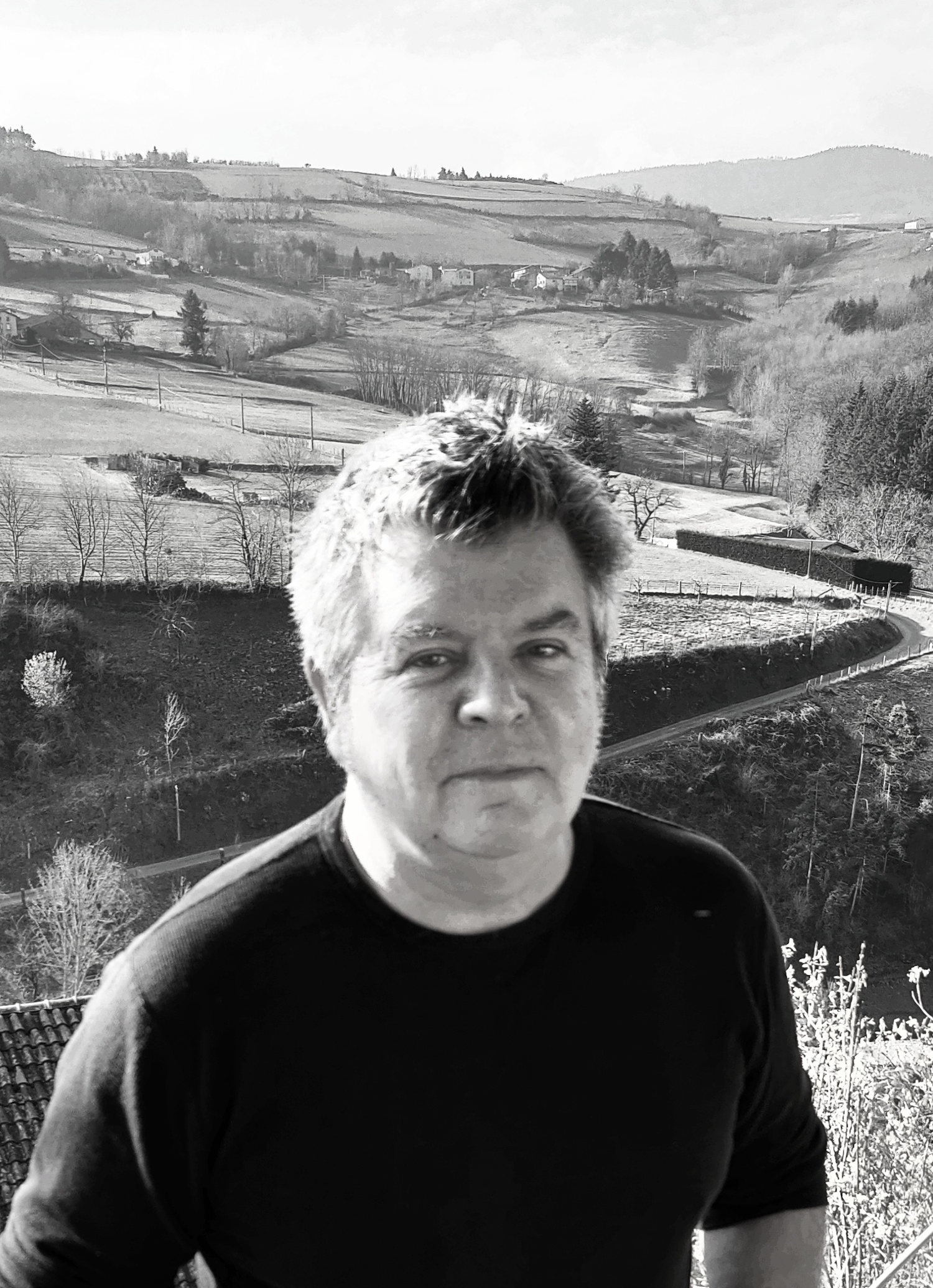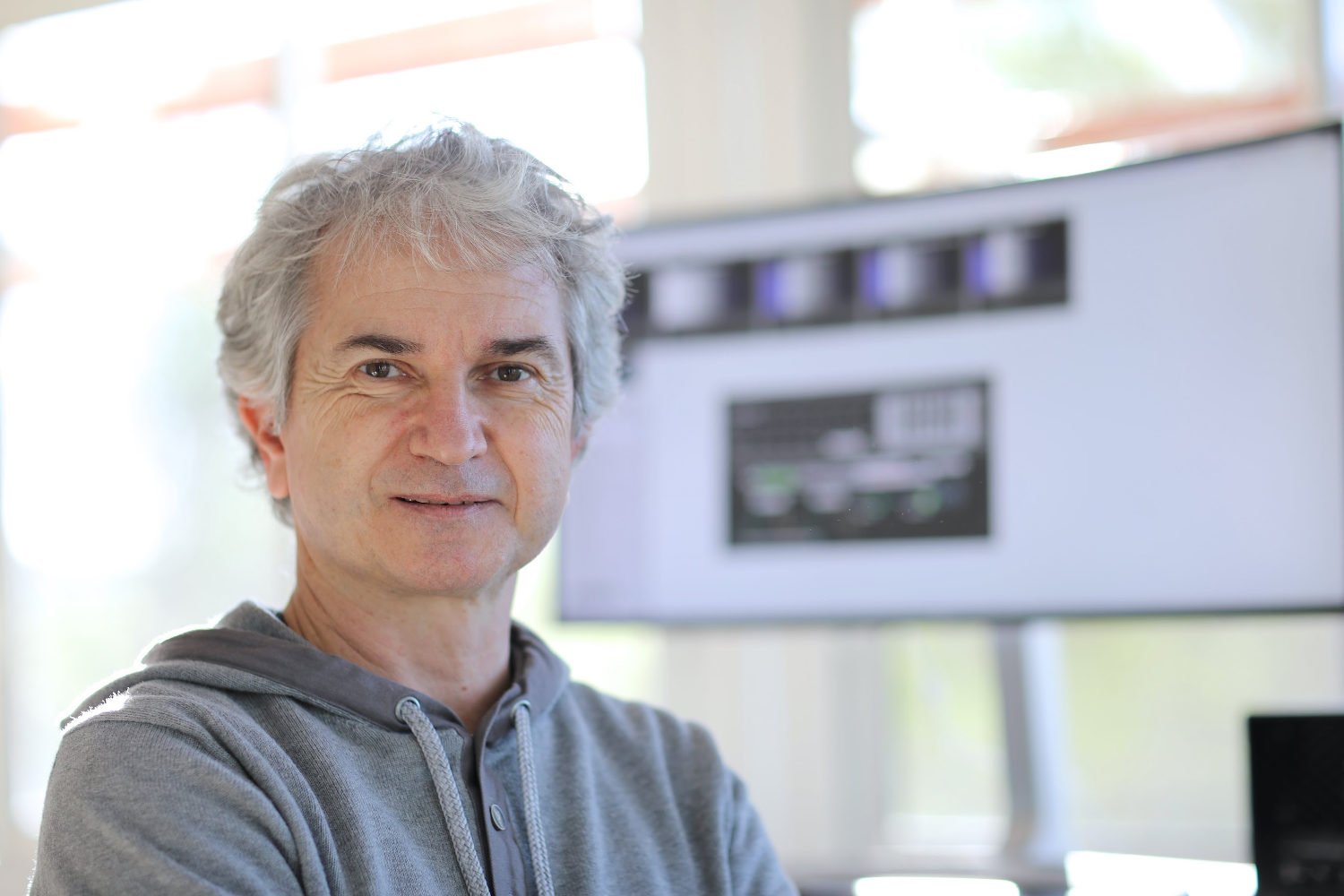June 8th, 2022, 11:30am, Saint-Étienne Télécom
How might the shaping of technology make our lives more expressive and meaningful? What does it mean to design well — to design ethically? This presentation is a meditation on the design of everyday tools, toys, musical instruments, games, and social experiences. It is a story of how we shape technology -- and how technology, in turn, shapes us and our future.
Bio
Ge Wang is an Associate Professor at Stanford University’s Center for Computer Research in Music and Acoustics (CCRMA). He researches the artful design of tools, toys, games, instruments, programming languages, virtual reality experiences, and interactive AI systems with humans in the loop. Ge is the architect of the ChucK audio programming language and the director of the Stanford Laptop Orchestra. He is the Co-founder of Smule and the designer of the Ocarina and Magic Piano apps for mobile phones. A 2016 Guggenheim Fellow, Ge is the author of /Artful Design: Technology in Search of the Sublime/, a photo comic book about how we shape technology -- and how technology shapes us.



